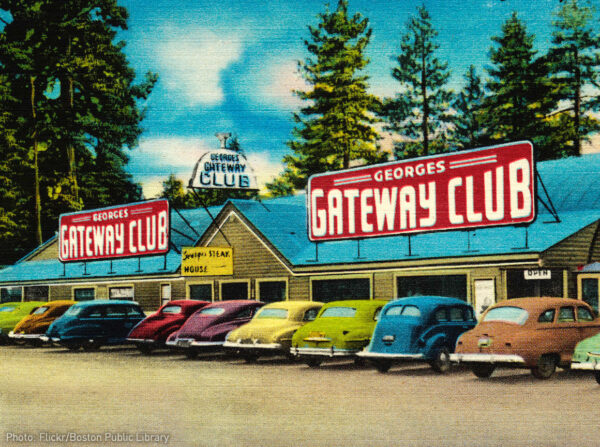Supreme Court Defends Driver's License Privacy, But Fails to Protect "Man on the Street," ACLU Says
FOR IMMEDIATE RELEASE
Wednesday, January 12, 2000
NEW YORK -- Ruling in two key cases today, the United States Supreme Court unanimously affirmed the validity of a federal law prohibiting states from disclosing driver's license information, but broadened the right of police to stop people on the street for questioning.
The American Civil Liberties Union, which submitted friend-of-the-court briefs in both cases, welcomed the court's defense of privacy rights in Reno v. Condon, a case originating out of South Carolina, but said that the court's ruling in Illinois v. Wardlow, the "right to flee" case, could further encourage police abuses such as racial profiling.
In a case that hinged on the question of federal versus state powers, the Supreme Court rejected in Reno v. Condon a lower court's finding that Congress had overstepped its authority when it enacted the 1994 Driver's Privacy Protection Act to prohibit the states from disclosing personal information contained in motor vehicle records.
The ACLU joined with other civil rights groups in a friend-of-the-court brief highlighting the real-world consequences of the privacy claim by pointing out how access to motor vehicle records has been used in the past to intimidate women seeking a confidential abortion and to harass and stalk women.
"Although the court's ruling turned solely on the issue of Congressional powers under the Commerce Clause of the Constitution, we applaud the Court's affirmation that Congress has a right to enact legislation that protects our privacy and our safety, " said Steven R. Shapiro, the ACLU's national Legal Director.
"Today's decision is especially welcome," Shapiro added, "given a series of recent decisions by the Court favoring states' rights over the federal government."
The case is Reno v. Condon, No. 98-1464. The ACLU's brief in the case is online at http://archive.aclu.org/court/reno1.html.
In Illinois v. Wardlow, a slim 5-4 majority correctly rejected a fixed rule giving police broad authority to stop any person who seeks to avoid police contact by fleeing from the police.
But the ACLU said that the majority opinion, authored by Chief Justice William Rehnquist, failed to realistically evaluate the host of complex factors -- including racial discrimination -- which would lead an individual to avoid contact with the police.
Because the majority decision did not rule conclusively on the circumstances under which police may stop an individual, "the ultimate impact of today's ruling will be hammered out in subsequent cases focusing on the precise means by which an individual chooses to avoid the police, said Harvey Grossman, Legal Director of the ACLU of Illinois, which submitted the brief along with the national ACLU.
Dissenting in part and concurring in part, Justice John Paul Stevens, joined by Justices Souter, Ginsburg and Breyer, agreed with the majority's finding that police should not be able to automatically stop and search anyone who happens to walk, run or trot away from the presence of the police.
But in their dissent, the Justices noted that "some citizens, particularly minorities and those residing in high-crime areas," believe that "contact with the police can itself be dangerous" and that "for such a person, unprovoked flight is neither 'aberrant' nor 'abnormal.'"
As an example, the Justices cited in a series of detailed footnotes the increasing and compelling evidence indicating that pervasiveness of the practice of racial profiling, where persons of color are targeted for stops by police because of their race, and how it may affect how persons of color perceive the police.
For example, in one footnote the Justices cited a 1999 report on the police practice of racial profiling issued by the New Jersey's Attorney General, which concluded that "the problem of disparate treatment is real -- not imagined." Based on the evidence of this report, the Justices noted, the U.S. Justice Department recently announced that it would appoint an outside monitor to oversee the police and ensure that policy changes are implemented.
Other examples cited in the dissenting opinion include a 1998 Justice Department study on "Criminal and Victimization Perceptions of Community Safety in 12 Cities," finding that African American residents are more than twice as likely to be dissatisfied with police practices than white residents in the same community. Similarly a June 20, 1999 New York Times Magazine article reported that in 1997, New York City's Street Crimes Unit documented 27,061 stop-and-frisks, only 4,647 of which -- 17 percent -- resulted in arrest.
"Even if these data were race neutral," the Justices commented, "they would still indicate that society as a whole is paying a significant cost in infringement on liberty by these virtually random stops."
